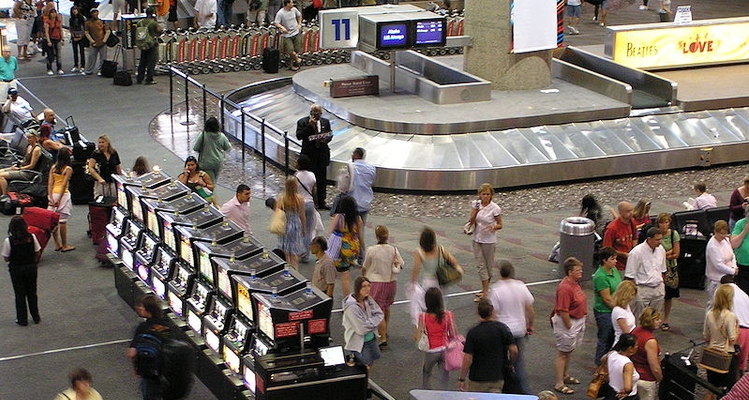An online gambling bill to legalize poker and casino gaming in the state of Pennsylvania has passed through the House Gaming Oversight Committee, after an approval vote of 18-8. According to information provided by the Poker Players Alliance Executive Director, John Pappas, with the vote, the committee has shown their commitment to providing residents of the state with a regulated and safe place to enjoy online poker. HB 649 now moves forward to the House for review.
The bill could be a standalone measure or be added to a larger bill to try and cut down the deficit that the state is currently dealing with. The bill would provide slot gaming for the six international airports plus at the off-track horse-racing venues.
If the HB 649 measure remains by itself, the next step for the bill would be to be reviewed by the House and a vote taking place. If the measure moves through the House, it would then move on to the Senate where it would be voted on as well. If passed again, the Governor would be able to veto or approve the measure to become law.
John Payne, a Representative of the state and Chairman of the Gaming Oversight Committee, is the author of the bill and a staunch supporter of online gaming in Pennsylvania. Payne has included in the bill an expansion of land-based gambling in Pennsylvania which would include casinos having the option of 24 hour liquor licenses and the above mentioned slot games at the airports. This reportedly would bring in an additional $700 million each year for the state. Proponents feel the fiscal health of the state as well as consumer safety would be improved if online gaming were to be licensed, regulated and then taxed.
Payne commented on the passage of the measure by the committee by stating: “It is our hope that the legislation will be enacted on its own or as part of the state’s 2016 budget by the end of this year.” The measure still has a long way to before it can become law, but if the measure moves quickly, it has a shot to be considered as a way to help the budget deficit which could be as high as $2 billion.



